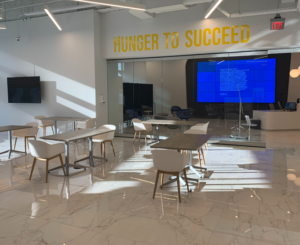 The National Bank of Miami wished to modernize and update their 2 levels of existing offices located on the 19th floor of The Miami Tower. Included was a complete redesign of their reception area. The owners and Architects wanted to create an immediate “Wow” effect, make the area inviting and warm by taking advantage of Miami’s abundant morning sun. The Moderco Vision single panel “see-through” glass panel system was selected as meeting all design and aesthetic requirements. Folding Walls of Miami had to overcome many non-standard issues such as the project being on the 19th floor of a downtown tower, the existing floor was not level requiring modifications, the installation of track within an existing ceiling and accounting for the installation of a 5/8” thick marble floor. But the desired effect was achieved as Moderco Vision truly delivered the goods as light pours into the room highlighting the new interior furnishings.
The National Bank of Miami wished to modernize and update their 2 levels of existing offices located on the 19th floor of The Miami Tower. Included was a complete redesign of their reception area. The owners and Architects wanted to create an immediate “Wow” effect, make the area inviting and warm by taking advantage of Miami’s abundant morning sun. The Moderco Vision single panel “see-through” glass panel system was selected as meeting all design and aesthetic requirements. Folding Walls of Miami had to overcome many non-standard issues such as the project being on the 19th floor of a downtown tower, the existing floor was not level requiring modifications, the installation of track within an existing ceiling and accounting for the installation of a 5/8” thick marble floor. But the desired effect was achieved as Moderco Vision truly delivered the goods as light pours into the room highlighting the new interior furnishings.
Product : Moderco Vision 121
Architect : Gensler Architects of Miami
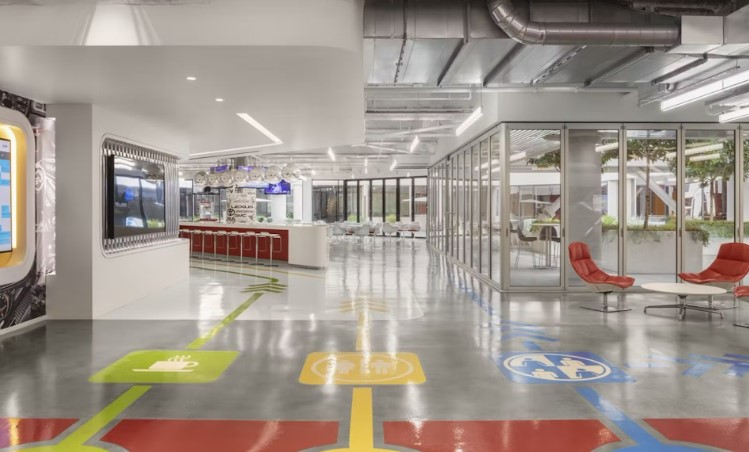 It takes a lot of people to make up Edmunds.com, the automotive networking and shopping giant. In 2016, Edmunds moved all those people into a new office in Santa Monica, CA, to give them a better, more collaborative, more enjoyable place to work. Architects M+M Creative Studio designed a vast flowing space with a polished industrial aesthetic heavy on car culture and a wealth of collaborative spaces. They integrated outdoor courtyards inside by making the office into a “convertible” with NanaWall opening glass walls. The result is an award-winning business space where people love to come to work.
It takes a lot of people to make up Edmunds.com, the automotive networking and shopping giant. In 2016, Edmunds moved all those people into a new office in Santa Monica, CA, to give them a better, more collaborative, more enjoyable place to work. Architects M+M Creative Studio designed a vast flowing space with a polished industrial aesthetic heavy on car culture and a wealth of collaborative spaces. They integrated outdoor courtyards inside by making the office into a “convertible” with NanaWall opening glass walls. The result is an award-winning business space where people love to come to work.
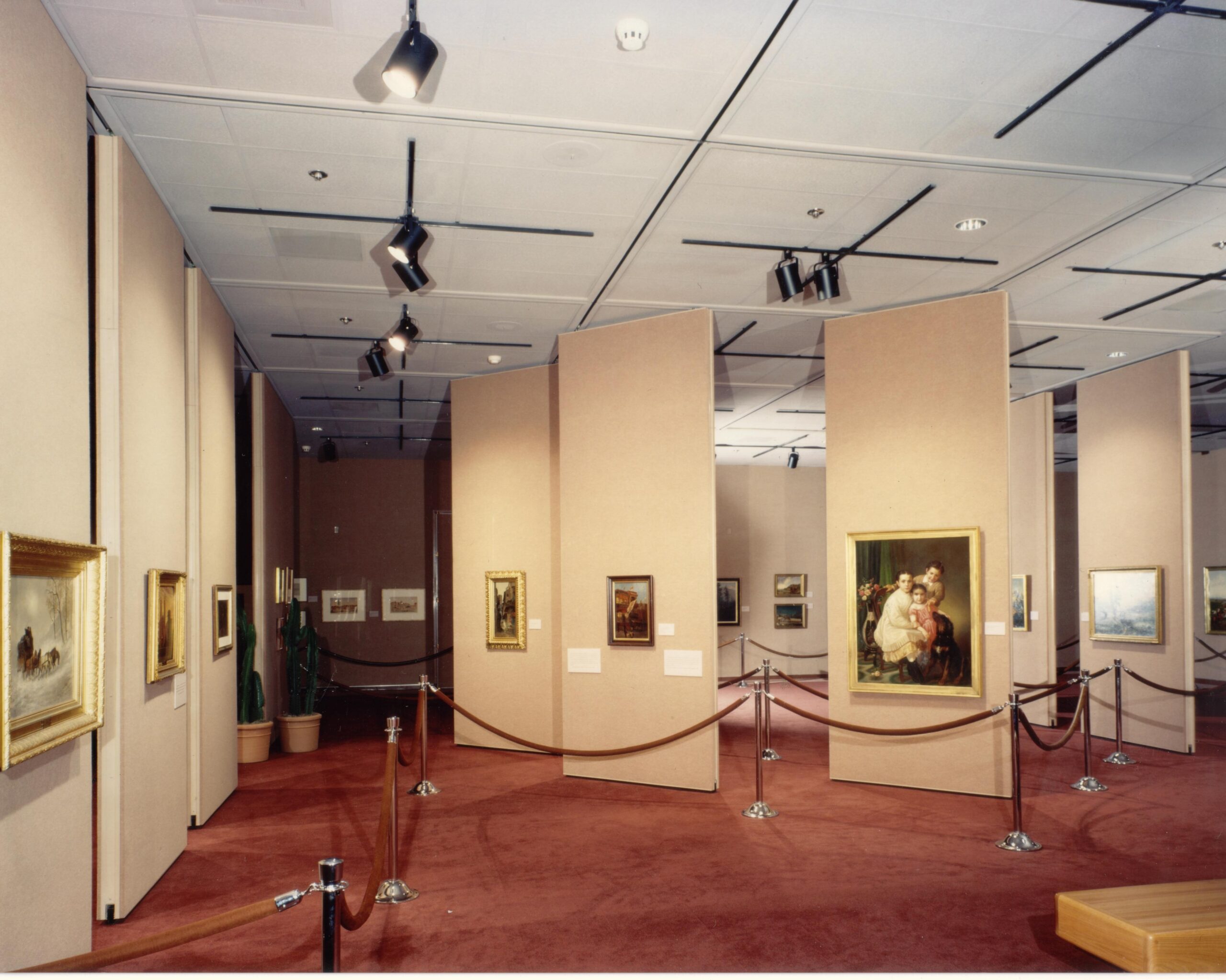
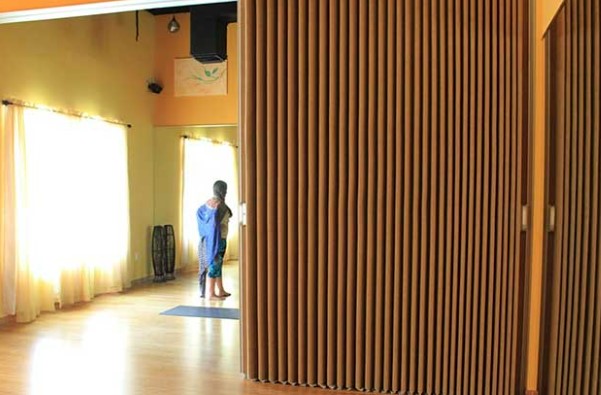
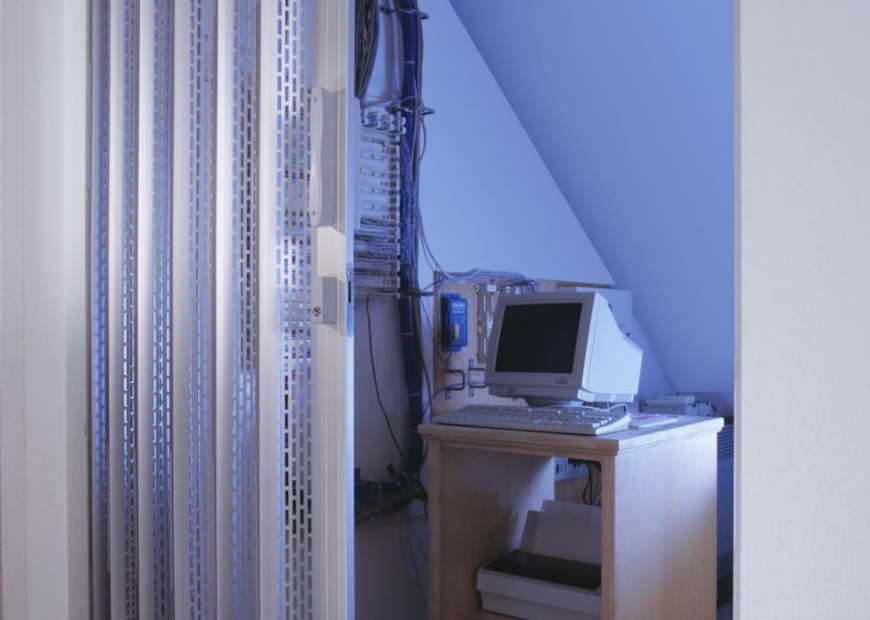
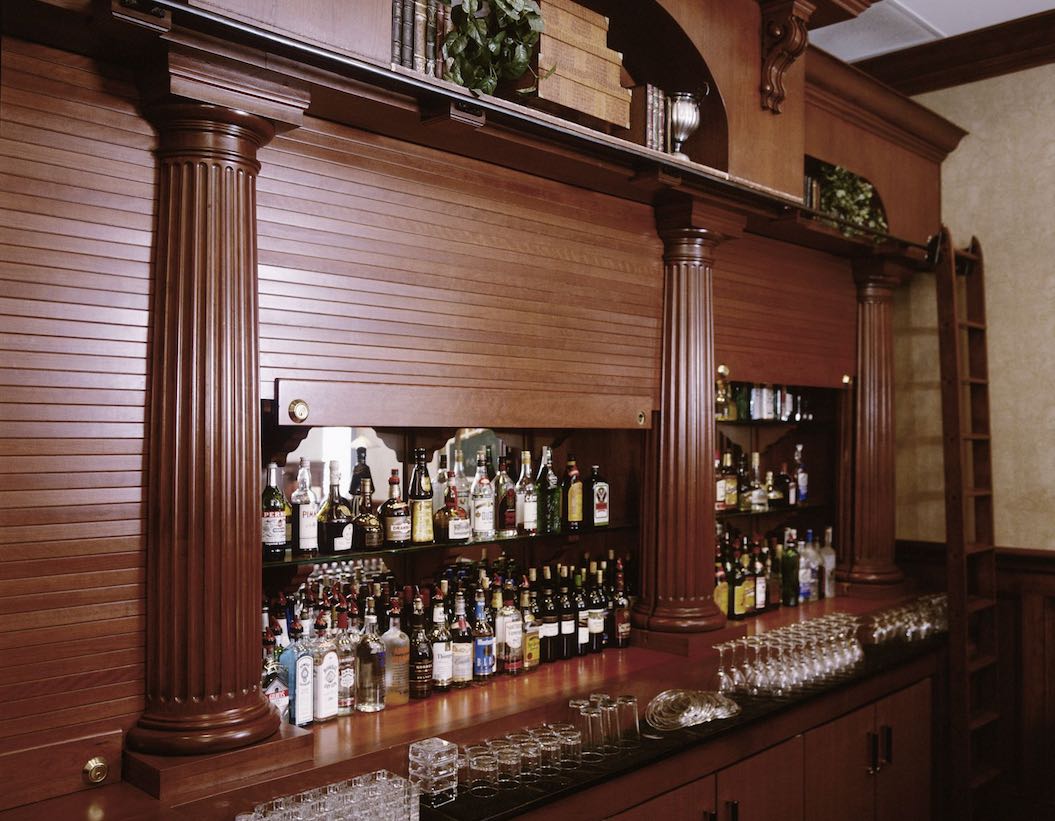

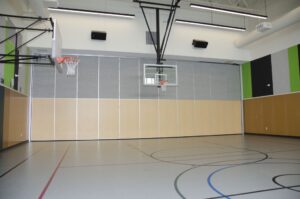
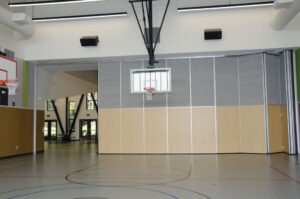

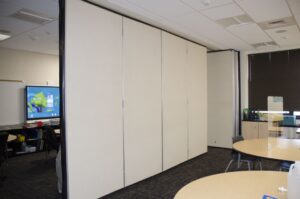

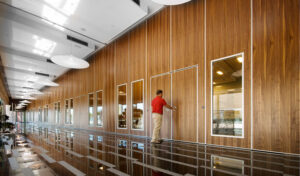 One manufacturer includes the following regarding steel track: “Bracket must support the load bearing surface of the track”. Why do they include this – will the track fail if the load bearing surface is not supported? Is the track prone to failure when loads are applied? They do not include this requirement when they specify aluminum track. Why not? Why is this requirement included?
One manufacturer includes the following regarding steel track: “Bracket must support the load bearing surface of the track”. Why do they include this – will the track fail if the load bearing surface is not supported? Is the track prone to failure when loads are applied? They do not include this requirement when they specify aluminum track. Why not? Why is this requirement included?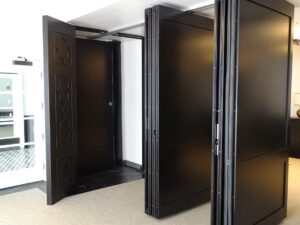 One manufacturer, when one of their specific steel track systems is specified, includes: “Aluminum track is not acceptable”. Why not? The majority of this same companies track systems are aluminum. Why must the only acceptable track be manufactured from steel when this particular track and application is specified?
One manufacturer, when one of their specific steel track systems is specified, includes: “Aluminum track is not acceptable”. Why not? The majority of this same companies track systems are aluminum. Why must the only acceptable track be manufactured from steel when this particular track and application is specified?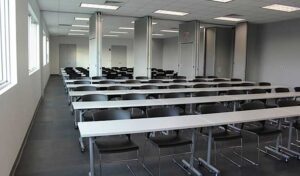 One manufacturer specifies their astragals as being “roll formed steel astragals”. They follow this up with “Rigid plastic or aluminum astragals or astragals in only one panel edge are not acceptable”. Why not? The astragal is there to align panels and create an acoustical barrier between panels. As long as it functions in such a manner and is guaranteed by the manufacturer as to durability and performance, why is the material from which it is made an issue? How can one manufacturer dictate the materials that another manufacturer uses to make his product when the design has proven itself in the laboratory and field?
One manufacturer specifies their astragals as being “roll formed steel astragals”. They follow this up with “Rigid plastic or aluminum astragals or astragals in only one panel edge are not acceptable”. Why not? The astragal is there to align panels and create an acoustical barrier between panels. As long as it functions in such a manner and is guaranteed by the manufacturer as to durability and performance, why is the material from which it is made an issue? How can one manufacturer dictate the materials that another manufacturer uses to make his product when the design has proven itself in the laboratory and field?